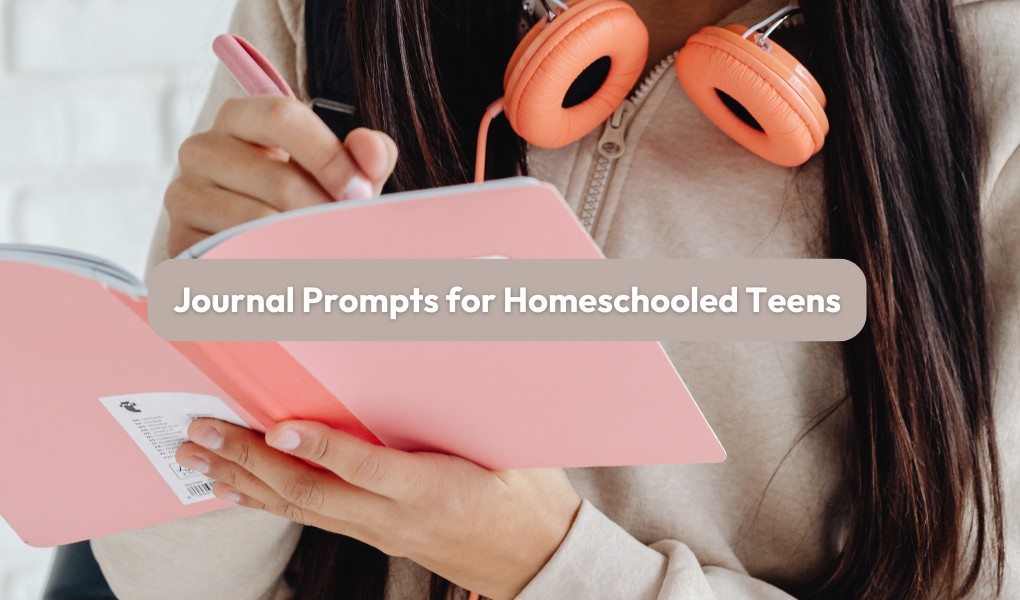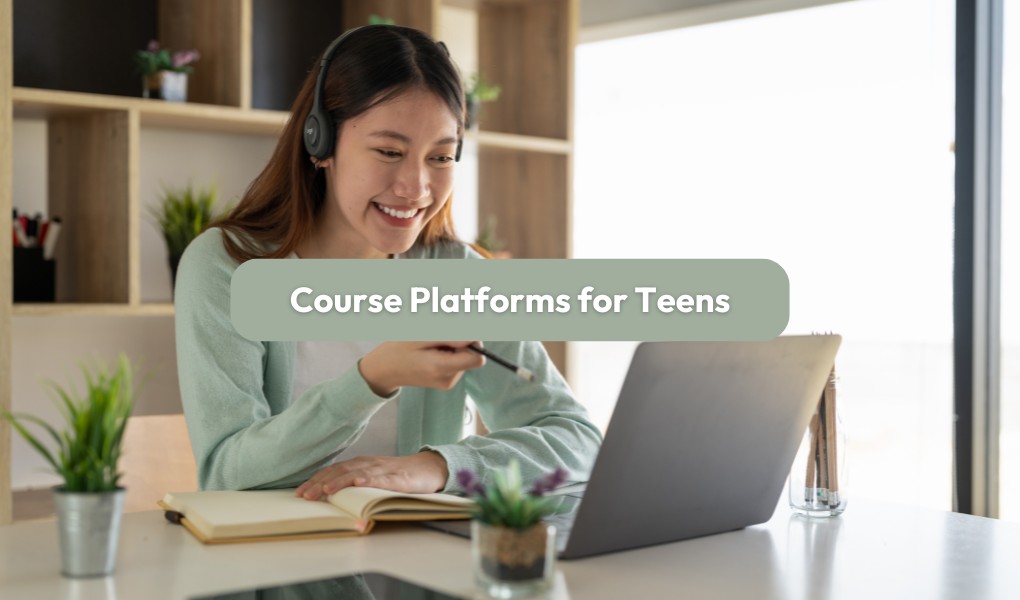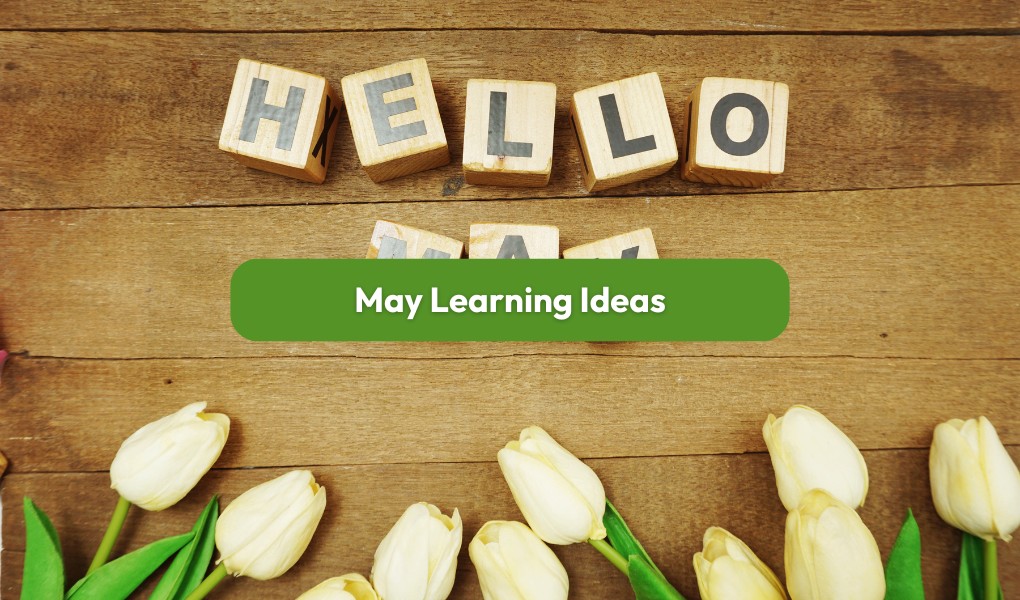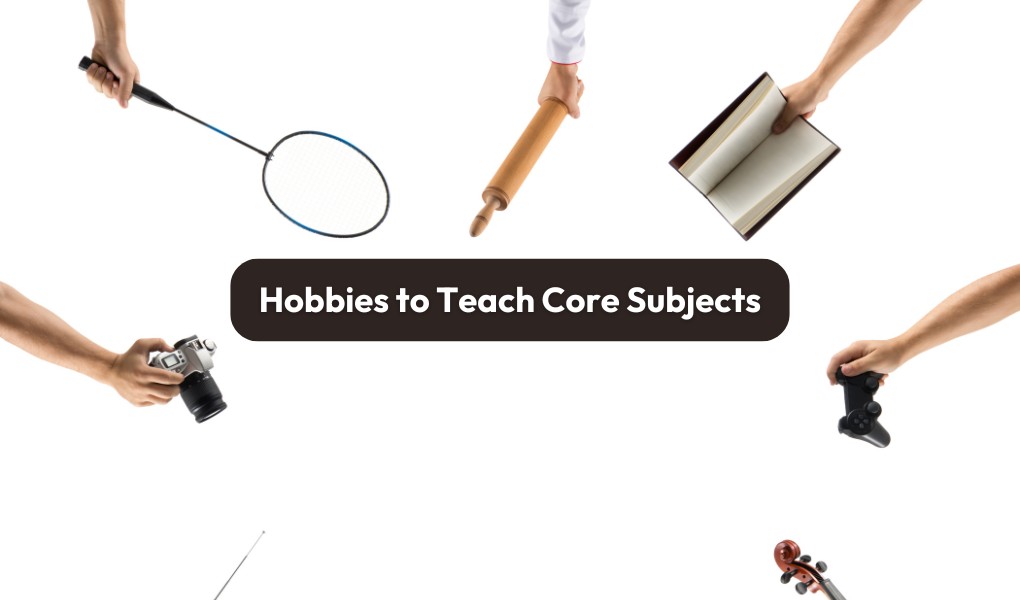In this post, I want to share some homeschooling rules around the world, in case you are thinking of moving or homeschooling abroad.
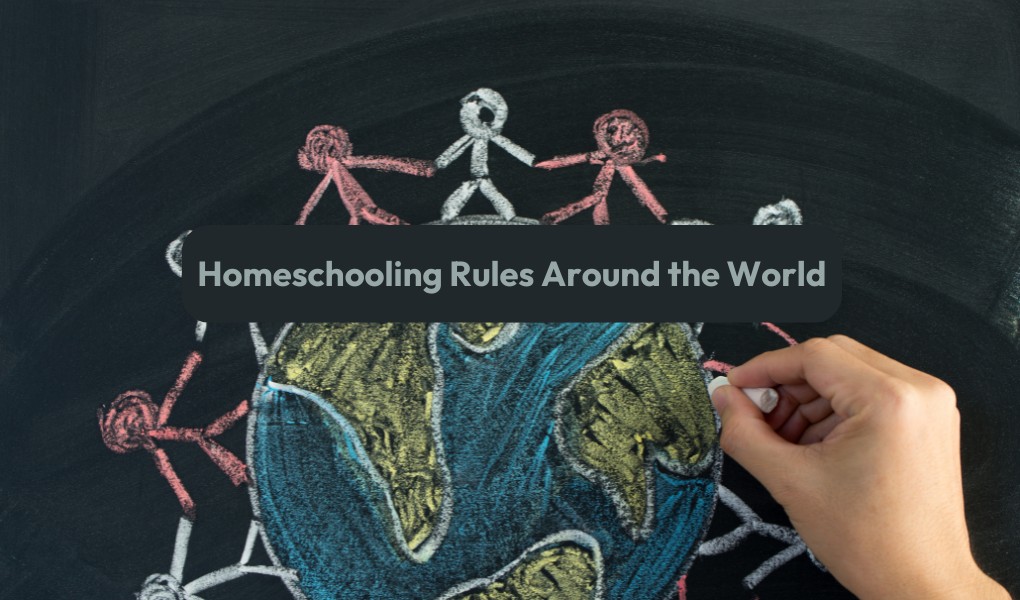
Whilst home education is such an amazing option, and there are so many branches of it (including worldschooling and unschooling), it’s not an option for everyone. Since we love travelling, it got me thinking about homeschooling rules around the world. So, I decided to do a little research and discovered that homeschooling rules can vary vastly between countries. In fact, homeschooling is actually illegal or restricted in some countries.
In this post, I want to share some homeschooling rules around the world, in case you are thinking of moving or homeschooling abroad.
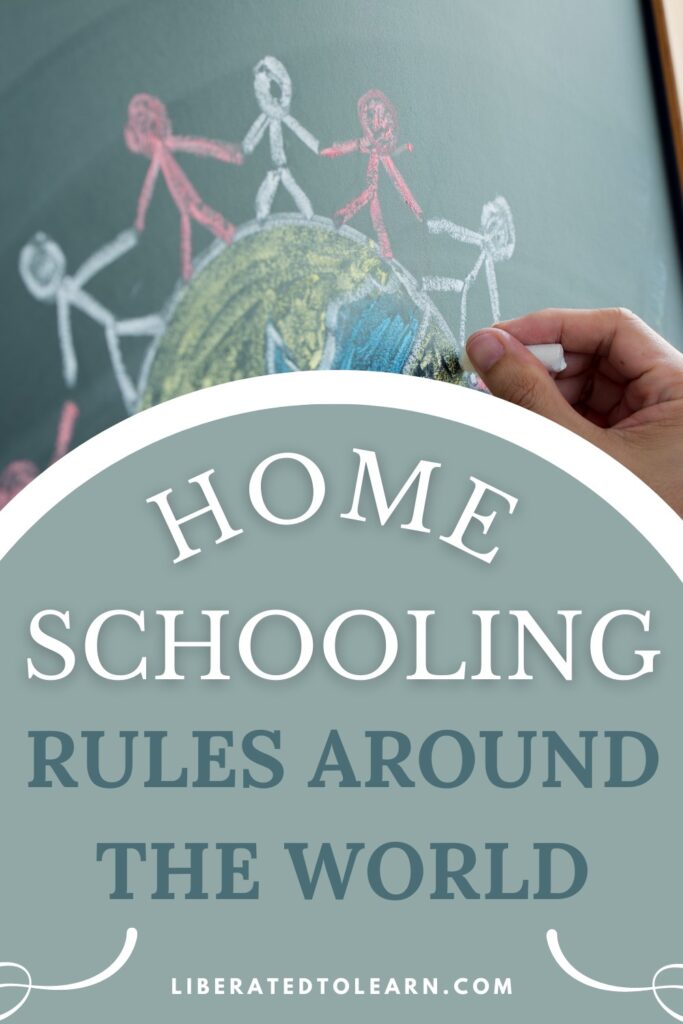
Where is Homeschooling Legal?
Here are some countries where homeschooling is legal. Note: this list is not comprehensive and rules in different countries can change.
- United Kingdom
- United States
- South Africa
- Canada
- Australia
- New Zealand
- France
- Ireland
- Russia
- Mexico
- Italy
- Finland
- Singapore
- India
- Belgium
- Austria
- Norway
- Portugal
- Japan (once children reach 14 years old)
- Thailand
Where is Homeschooling Illegal or Restricted?
Note: This list is not comprehensive and rules often change.
- Germany
- Sweden
- France
- Greece
- Croatia
- Turkey
- Netherlands
- Malta (highly regulated)
- Hungary (restricted)
- Cyprus
- Serbia
- Spain (not formally recognised)
- Brazil (Legal but restricted)
- Cuba
Homeschooling Rules By Country
United Kingdom
Homeschooling is legal in the UK and is usually known as ‘elective home education.’ You do not have to follow the national curriculum, but home educators must ensure their child receives an education which is suitable to their age, ability and aptitude. Local authorities can also intervene if they believe the education to be insufficient.
United States
Homeschooling is legal all across the US but regulations can vary by state. States like Texas have minimal regulations, while New York and Pennsylvania have stricter oversight where curriculums have to align with state educational standards and parents must carry out yearly standardised testing.
South Africa
Homeschooling is legal in South Africa, but parents must register their children with the Head of the Provincial Education Department (PED) and meet curriculum requirements.
Canada
Homeschooling is legal but each province has its own regulations. Some provinces require a letter of intent to homeschool to the Department of Education. Curriculums must be in line with the standards set out by the educational system.
Australia
Homeschooling is legal in Australia but each state has its own regulations and requirements. For instance, in New South Wales, parents must register and submit educational plans, while Western Australia has more relaxed requirements.
New Zealand
Homeschooling is legal and regulated by the Ministry of Education. Between the ages of 6 and 16, parents must apply for an exemption from compulsory schooling.
France
Homeschooling is currently legal but highly regulated and restricted as families need to justify their decision to homeschool. Parents must obtain a pre-authorisation and when homeschooling, they are subject to annual inspections.
Ireland
Homeschooling is legal and parents must register their child with Tusla, a Child and Family Agency. Parents must start their child’s education no later than the age of six. They do not need to follow the national curriculum.
Russia
Homeschooling is legal and supported by the state. Parents are required to follow state educational standards and children are to pass periodic exams, but are free to design their own curriculum.
Mexico
Homeschooling is legal and there isn’t much government regulation.
Italy
Homeschooling is legal and recognised in Italy. Parents must annually notify the authorities and strictly stick to the educational system’s standards.
Finland
Homeschooling is legal and closely monitored. Parents must notify the local school district and ensure that the education provided aligns with the national curriculum.
Singapore
Homeschooling is legal but it’s not common in Singapore. Parents must apply for a compulsory schooling exemption with requirements, such as providing a planned curriculum and learning plans, and regular progress reports.
India
Homeschooling is legal and unregulated as there are no specific laws or requirements.
Belgium
Homeschooling is legal and regulated. Parents must submit an annual declaration, meet minimum educational requirements, and children are subject to state testing.
Austria
Homeschooling is legal and regulated. Parents must notify the authorities annually and meet educational standards.
Norway
Homeschooling is legal and regulated. Parents must notify the education authority and should be able to demonstrate their ability to provide a suitable education. Regular evaluations are conducted by authorities to ensure that children are meeting national academic standards.
Portugal
Homeschooling is legal and highly regulated. It is a requirement for children to be enrolled in a school even if they are homeschooled. This may be different for expat parents. Parents must show evidence of learning progress and a detailed education plan which aligns with the national curriculum.
Japan
Homeschooling is legal but only for children who are 14 years old and older. From ages 7 to 14, it is compulsory for children to attend school. Parents must request permission from their child’s school to homeschool them.
Thailand
Homeschooling is legal with certain regulations that need to be followed. Parents must register their intention to homeschool with the Ministry of Education and assessments need to be conducted each year.
Germany
Homeschooling is illegal under the General School Law and only rare exceptions may be granted for severe health issues. Parents can face fines and legal action if they choose to homeschool their children.
Sweden
Although not specified as illegal, homeschooling is not recognised and is specified as ‘not necessary’ by the Swedish Education Act. It is heavily restricted for those with medical needs or those temporarily residing in Sweden.
Turkey
Homeschooling is illegal in Turkey and parents can face criminal charges if they do not send their children to school. Expats may get around this, but the system does not support homeschooling.
Greece
Homeschooling is not permitted except in particular circumstances, such as a child having special needs.
China
Homeschooling is illegal for citizens but not for non-Chinese citizens or those who hold a foreign passport. Although it is not advised to homeschool due to scrutiny and unacceptance.
Note: Please research individual countries for more information on their rules and regulations, especially as they may be subject to change.
Why is Homeschooling Illegal or Restricted in Some Countries?
You may think it’s unfair that homeschooling is illegal or restricted in some countries, but every country has its reasons and it’s simply down to a number of cultural, social, and political factors.
Here are some reasons why homeschooling is illegal or restricted in some countries.
School attendance is compulsory
In some countries, it is compulsory that all children attend state-approved schools. The compulsory schooling laws stress the importance of a formal education in which everyone shares the same educational experiences.
There is state control over education
In countries like China and Turkey, the government controls the curriculum to ensure that it aligns with state ideologies and educational goals. By controlling education, they believe it will promote national identity and social harmony.
Concerns over the quality of education and child welfare
It’s not guaranteed that a homeschooled child will receive a suitable, quality education or be looked after properly. A lack of socialisation and gaps in education are just some of the concerns that authorities have. To prevent this from being the case, some countries heavily restrict homeschooling or have made it completely illegal.
It’s not socially accepted
In some countries, sending your child to school is such a norm for the population that choosing to homeschool wouldn’t be socially accepted or even considered. Homeschooling might be something that’s not openly recognised by the government, even if there are no laws against it.
Best Countries for Homeschooling
When it comes to choosing the best country for homeschooling, it really depends on what you are looking for in terms of a homeschooling experience. Do you want to have more freedom and flexibility? Do you want to be able to choose your own curriculum and not have much intervention? Or are you happy to follow certain regulations that may include sharing learning reports and following the national curriculum?
To help you decide which country might best suit your family, here are some reasons why homeschooling is great in these countries.
United States
Why it’s great:
- Homeschooling is legal in all 50 states and regulations vary.
- You’ll find extensive homeschooling resources and support.
- Different styles of home education are supported, like unschooling.
- There is a strong homeschooling community.
United Kingdom
Why it’s great:
- It’s accepted and thriving across the UK.
- You do not have to follow the national curriculum and learning styles are your own choice.
- There is less pressure for children to do standardised testing.
- There are growing homeschooling communities across the country.
South Africa
Why it’s great:
- Homeschooling is growing in popularity.
- You can choose from international or local curricula.
- Homeschool support is expanding.
- Practices can be more relaxed than on paper in certain regions.
Canada
Why it’s great:
- Choosing a curriculum and learning style is flexible.
- Provinces like Alberta and British Columbia provide government funding or resources to homeschool families.
- There is access to hybrid programmes and distance learning options.
Australia
Why it’s great:
- Rules vary by state and support is strong.
- Free to choose learning styles.
- The homeschooling community is growing as is access to great resources.
New Zealand
Why it’s great:
- Homeschooling is well-regulated but fully supported and flexible.
- Families can receive a government allowance for homeschooling.
- You can tailor your child’s education to their specific needs.
Finland
Why it’s great:
- Finland’s education system is globally renowned for its flexibility and focus on personalised learning, which extends to homeschooling.
- Parents can create customised learning experiences in line with the Finnish ethos of child-centred education.
So, there we have it: homeschooling rules around the world! Be sure to do your own research if you’re interested in homeschooling in a particular country. Wherever you are in the world, happy homeschooling!

m@liberated
Want more from Liberated to Learn?
Subscribe to stay updated about new posts, resources and giveaways!




